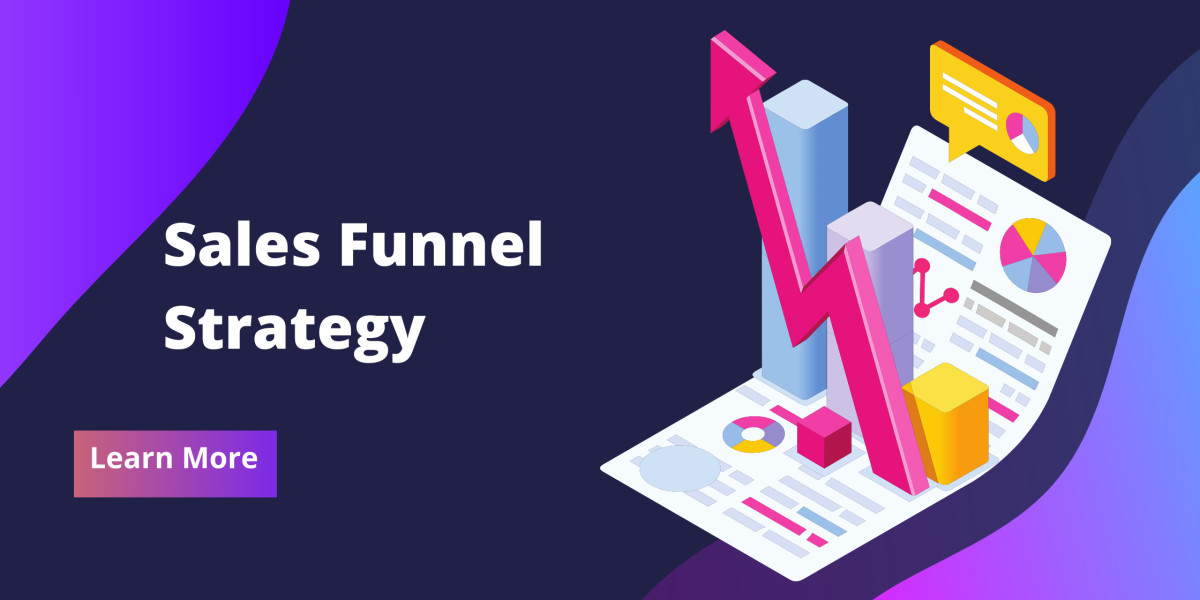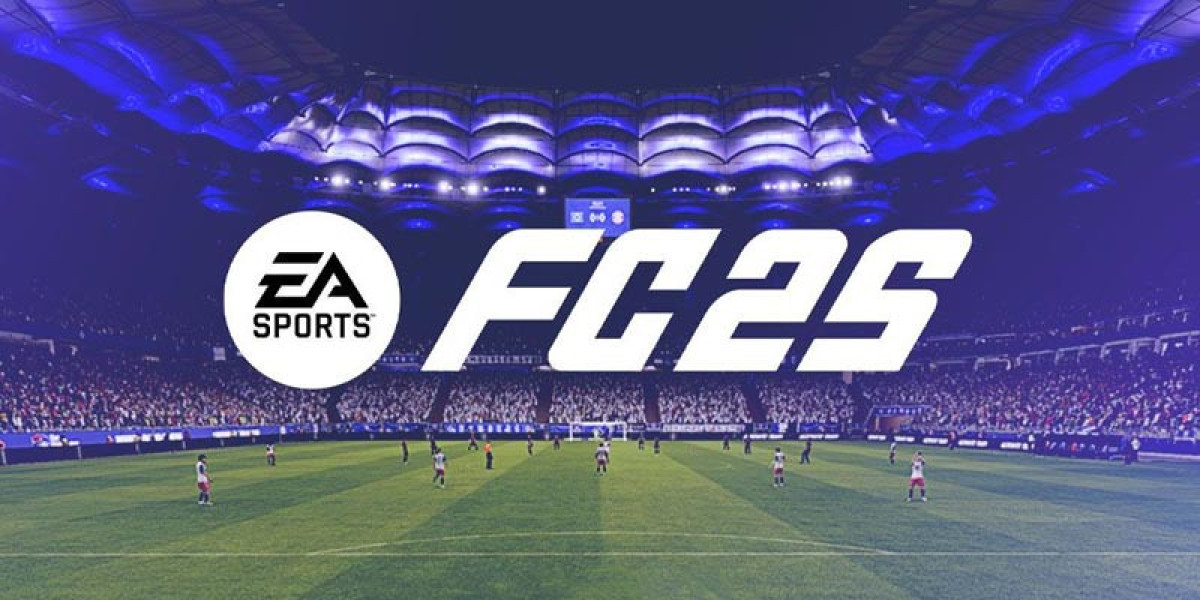A properly implemented sales funnel strategy is what enables a business to grow and succeed. It helps guide potential customers through a step-by-step process in which initial interest is converted into loyal, paying clients. By understanding how a sales funnel works and how to optimize each stage of the process, businesses can earn trust, boost conversions, and ultimately increase their revenue. This article will explain the essential elements of a sales funnel strategy and how to implement it effectively.
What is a Sales Funnel?
A sales funnel is a step-by-step process that moves people from discovering your business to making a purchase. The stages of the funnel are usually awareness, interest, decision, and action. At every stage, the number of your potential customers decreases because some drop out. The goal of a sales funnel is to move as many people as possible toward the final stage, where they become paying customers.
Why a Sales Funnel Strategy Is Important
A sales funnel strategy ensures that your business can efficiently guide customers through their journey. Without a clear strategy, potential customers may lose interest or get confused about the value of your products or services. With a sound strategy, you are better positioned to understand the needs of your customers, eliminate their doubts, and present them with the right information at the right time. This leads to better engagement, increased trust, and higher sales.
Stages of a Sales Funnel
Knowing the stages of a sales funnel is paramount for developing an efficient strategy. Firstly, awareness allows potential customers to take cognizance of your business. Second, this is when the potential customer navigates your offers and considers their relevance. Third is the decision stage where options are evaluated, and finally, action when they buy. Make your approach effective by considering all these stages in your sales plan, and thereby you can better guide customers through the sales cycle.
How to Develop a Sales Funnel Strategy
In building a sales funnel strategy, first, identify who your target audience is and their needs. Clearly understand their problems and how your product or service solves these problems. Design content and campaigns that capture attention and create value. Make sure every step of the funnel is optimized to take prospects one step closer to making a purchase. Finally, track and analyze performance with the intent to refine strategy over time.
Awareness Creation Through Effective Marketing
The very first step for any sales funnel strategy is creating awareness. This is where your target audience comes into contact with your business for the first time. Utilize tools such as social media, content marketing, and paid ads to reach your target audience. Your messaging should be clear, concise, and engaging, articulating how your business can help solve their problems. Effective creation of awareness lays a very good foundation for the funnel.
Nurture Interest and Relationship Building
After your target audience becomes aware of your business, it's time to create interest. Inform them with value and relevance to answer questions and quell their concerns. In this stage, email marketing, blogging, and webinars are very helpful. By building a relationship with your audience, they will begin to trust your brand and remain engaged as they work their way down the funnel.
Driving Decisions with Compelling Offers
Decision Stage: This is when prospects are considering options. It is now time to show them why they should choose your product or service. Testimonials, case studies, and even detailed product descriptions build credibility at this stage. Grease the wheels with discounts, free trials, and other types of offers. A great offer can turn a lost lead into a lifelong customer.
Lead Conversion
The final stage of the sales funnel is all about action. At this point, your goal is to make it as easy as possible for potential customers to complete their purchase. Ensure your checkout process is smooth, secure, and user-friendly. Follow up with customers after their purchase to thank them and provide support. A seamless experience at this stage increases the likelihood of repeat business and referrals.
Analysing and Optimising Your Sales Funnel Strategy
Building a successful sales funnel requires continuous scrutiny for improvement. Leverage analytics tools in tracking key metrics such as conversion rates, customer engagement, or whatever else it is that measures success. After finding out the prospects at which stage have fallen out, address the problems found. Periodically update your content and approach from data and feedback. Continuous improvement will guarantee your sales funnels are up-to-date and relevant to the market.
Common Mistakes to Avoid in a Sales Funnel Strategy
Avoiding these common mistakes can be the key to the successful application of your sales funnel strategy. For any business, misunderstanding the target audience may become irrelevant. Failure to follow up means lost opportunities. Overcomplicate your funnel, and you risk confusing prospects. The recipe for success is simplicity, a customer-centric approach, and adaptability.
Final Thoughts
A strong sales funnel strategy will navigate prospects through the journey and convert them into loyal clients. Truly understanding the stages of the sales funnel, creating engaging content to capture your audience, and continuously optimizing your approach are the keys to business growth. If done right, with the right strategy in place, your sales funnels will be bringing in new customers and building relationships that last to drive long-term success.
FAQs
1. What is a sales funnel strategy?
The sales funnel strategy is a strategic approach to spearhead prospective customers through the buying journey. It includes creating targeted content and experiences at each stage in the funnel to make the most conversions.
2. How to Create an Effective Sales Funnel?
First of all, you have to identify your target audience and what they need. Afterward, you will create a clear plan for each stage in the funnel: awareness, interest, decision, and action. Support your strategy with content marketing, email campaigns, and analytics.
3. Why is the Awareness stage so important within a sales funnel strategy?
The reason the awareness stage is so vital is because it introduces potential customers to your business; it lays the foundational elements of a sale, hence setting the engagement with your prospects.
4. How will I monitor the performance of my sales funnel strategy?
You need to be continuously running tests by analytics monitoring all the key metrics regarding traffic, conversion rate, and consumer engagement.
5. What are some common mistakes to avoid with the sales funnel strategy?
Among those are targeting the wrong audience, not following through, and over-complication of the funnel. Bring value, and the process should be straightforward and uncomplicated for the prospects.
6. Is the sales funnel strategy effective for small businesses?
Yes, the sales funneling strategy works just great for a small business. It allows attracting and converting leads in a very cost-efficient manner, thereby growing the business with steadiness.








